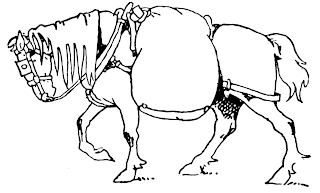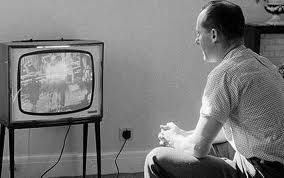 |
“I
have seen these people,” the Lord said to Moses,
“and they are a
stiff-necked people.” Exodus 32:9
|
One
of the most frequent means of escapism (which I have described as the
basis of all sin) is to turn a blind eye. This is particularly
relevant to the behavior of the comfortable. It is as if kindness
were needed only in our closely contained universe and stopped at the
doorstep of us and our closest associates. We tend to see kindness
as an intimate and personal thing. Indeed it relies on personal
behavior and perception. But a public kindness must also be
recognized as essential. That is, we need to appreciate the
existence of the family of humanity. The other day I mentioned the
meaning of kindness as respect, dignity, compassion, and humility
(which by the way I borrowed off the inscription on a coffee mug
gotten from www.kindnessusa.org).
As my friend Angleo suggested, it appropriately can be listed in
reverse (or as the cup is filled from the bottom)—humility (first),
then compassion, dignity, and respect. In other words, to view
humanity as one family requires first humility, then compassion,
which lead to dignity and respect. I love in the Bible where God
refers to people as “stiff necked.” That precisely describes the
common affliction of the comfortable (and not only the comfortable).
It
is obvious that turning a blind eye is not only a sin against
humanity, but is also a sin against nature itself. We turn a blind
eye in our creation of pollution of one sort or another. In
economics this is referred to as externalizing cost. Individuals
(starting with myself) and organizations often do this. We need to
recognize it for what it is—a sin against God, or as David said
“Against you, you only, have I sinned...” (Psalm 51:4).
[Brackets
indicate not included in this music video.]
Once
to every man and nation, comes the moment to decide,
In
the strife of truth with falsehood, for the good or evil side;
Some
great cause, some great decision, offering each the bloom or blight,
And
the choice goes by forever, ’twixt that darkness and that light.
[Then
to side with truth is noble, when we share her wretched crust,
Ere
her cause bring fame and profit, and ’tis prosperous to be just;
Then
it is the brave man chooses while the coward stands aside,
Till
the multitude make virtue of the faith they had denied.]
By
the light of burning martyrs, Christ, Thy bleeding feet we track,
Toiling
up new Calv’ries ever with the cross that turns not back;
New
occasions teach new duties, time makes ancient good uncouth,
They
must upward still and onward, who would keep abreast of truth.
[Though
the cause of evil prosper, yet the truth alone is strong;
Though
her portion be the scaffold, and upon the throne be wrong;
Yet
that scaffold sways the future, and behind the dim unknown,
Standeth
God within the shadow, keeping watch above His own.]
Words:
James R. Lowell
Music:
Ebenezer, Thomas J. Williams
Print Page























